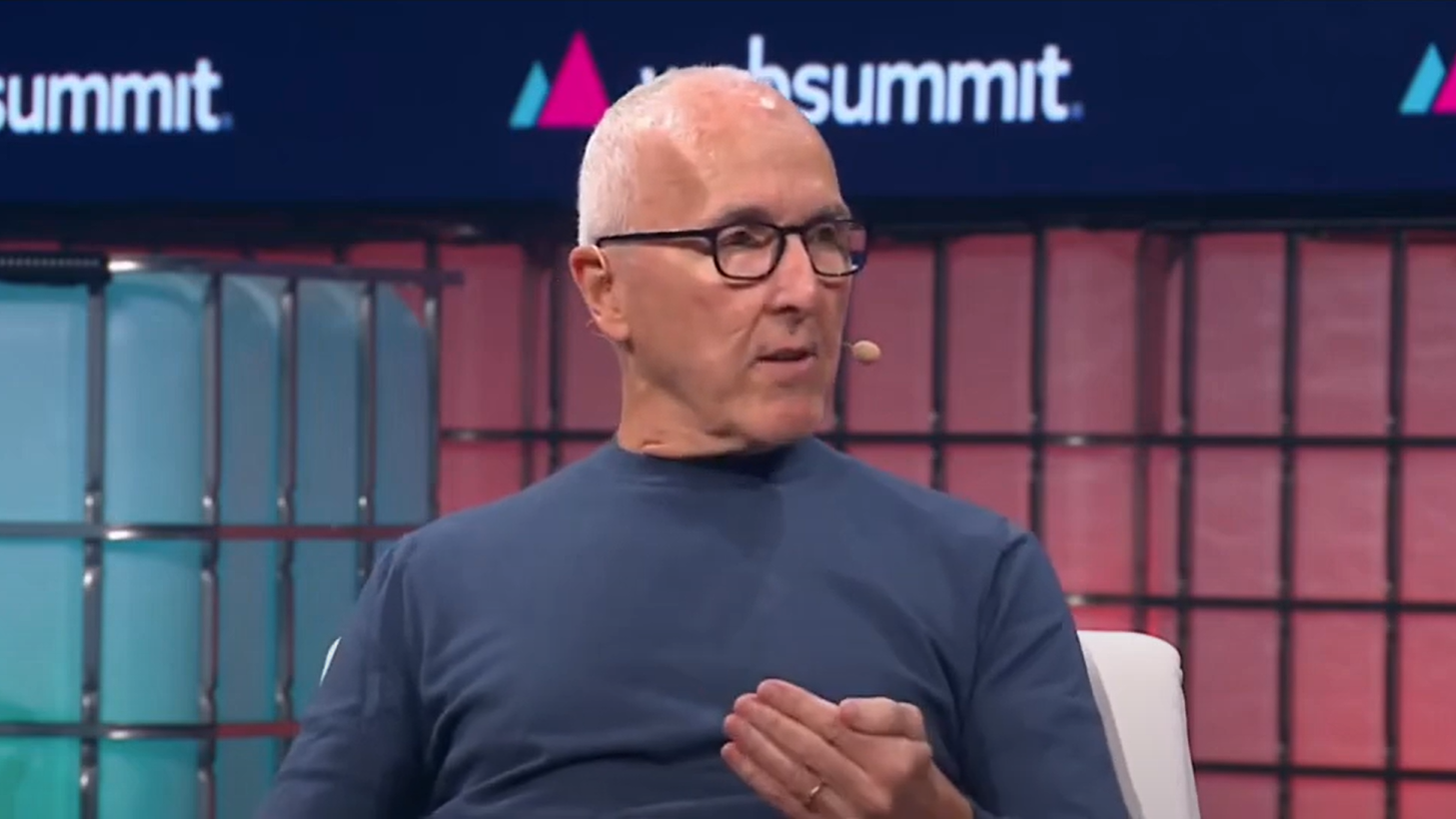A number of tech execs told CNBC that they feel users have lost control of their data online and that it is being harnessed by technology giants to feed their profits.
Frank McCourt, the former owner of the Los Angeles Dodgers baseball team, now runs Project Liberty, an organization looking to motivate technologists and policymakers “to build a more responsible approach to technology development,” according to its website.
McCourt also thinks AI could give too much power to tech giants. He said there are “basically five companies that have all the data,” although he didn’t name the firms.
“Large language models require massive amounts of data. If we don’t make changes here, the game is over … Only these same platforms will prevail. And they’ll be the beneficiaries,” McCourt told CNBC in an interview last week.
“Sure, people will come and build small things on those big platforms. But it’s the big underlying platforms that control this data that will be the winners.”
Whittaker and McCourt are among those who feel users have lost control of their data online and that it is being harnessed by technology giants to feed their profits.
“Big tech and social media giants are inflicting profound damage on our society,” says McCourt’s Project Liberty manifesto says. And he believes AI could make this worse.
“Let’s not be fooled, generative AI is a fancy name for a more powerful usage of our data,” McCourt said in his CNBC interview.
Generative AI is the technology that describes applications like ChatGPT. The models underpinning these apps are trained on vast amounts of data.
“Generative AI built with large language models are basically enhanced, or more powerful versions, of the technology we have now, given a fancy name. It is centralized, autocratic surveillance technology. And that, I’m against. And I think it’s doing a lot of harm in the world right now,” McCourt said.
Read the full article on CNBC.
